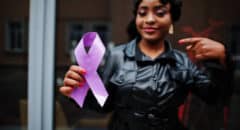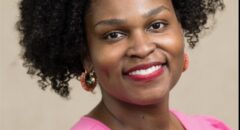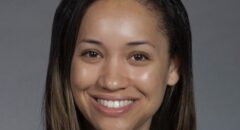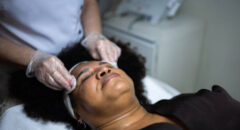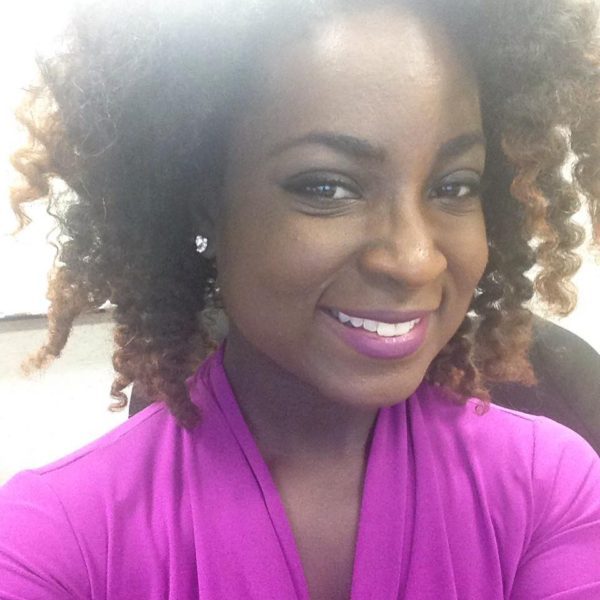 When Gabrielle Davis was diagnosed with lupus as a 26-year-old newlywed, she was in a state of denial. Although multiple family members had the chronic autoimmune disease, she was still very uninformed about the lupus, its symptoms and side effects.
When Gabrielle Davis was diagnosed with lupus as a 26-year-old newlywed, she was in a state of denial. Although multiple family members had the chronic autoimmune disease, she was still very uninformed about the lupus, its symptoms and side effects.
After accepting her diagnosis, she sought out support for people going through the same thing she was. After having no luck, she decided to create Lupus Sistas, a network that connects Black women with lupus.
The Lupus Sistas founder recently shared her journey with BlackDoctor.org.
BlackDoctor.org: How did you learn about your lupus diagnosis?
Gabrielle Davis: It was my first Valentine’s Day as a newlywed and I wanted to make it special for my husband, but I began to not feel well. I felt extremely dehydrated and my joints felt like they were on fire. I went to the hospital where they kept me for four days and told me that I was dehydrated and my white blood cells increased but there was nothing they could do to help me at that time. Because symptoms of lupus can stay hidden for years, my diagnosis of systemic lupus was not detected until I went to my primary care doctor who knows how to spot the symptoms. About a year later, I was diagnosed with kidney damage.
BlackDoctor.Org: What were your initial feelings after your diagnosis?
GD: I was in denial at first. Traditionally, I am a “go-getter” and I like to get things done, so lupus was not a part of my plan. I did not take my diagnosis seriously meaning that I did not take my medication when I was supposed to and I did not care about taking care of my body. Even though my mom carried the gene for lupus and a few of my family members had lupus, I still did not know much about the disease. After I heard the news about my kidney damage I was devastated. About 40-50 percent of people diagnosed with lupus experience organ damage. When your internal organs are attached it’s a whole other ball game so I had to begin to take it seriously.
BlackDoctor.Org: What led to your creation of “Lupus Sistas”?
GD: Even though I had the support of my family and friends, I was still looking for support from Black women who were living with this disease everyday because I believe support helps you to have a better life. After not finding what I was looking for, I created my own online support group, Lupus Sistas. The vision for Lupus Sistas has grown to provide support and connection and to educate Black women about this disease and it also includes the medical community. With over 90 percent of lupus patients being women and African American women being diagnosed with lupus at rates two to three times higher, minority lupus patients need to have a seat at the table when it comes to new developments in medication to treat lupus.
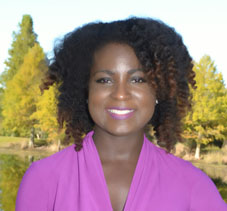
Lupus Sistas provides an outlet and a platform to discuss the everyday issues and concerns that can come up for women living with lupus, like the endless doctor's appointments, issues with our bodies, getting everything done and still balancing life. It’s helped me to see that by sharing my story, I give permission for others to share theirs. When we swap stories, and share encouragement with each other, it gives us all hope and we work to live our best lives with this disease.
BlackDoctor.Org: What legacy would you like to leave behind?
GD: I’d like to be known as a woman who was given a hand of cards that included living with lupus and played them well. And I want to be known as one of the advocates who helped bridge the gap in the awareness, education and medical treatment of lupus. WEGO Health is an amazing platform that helped me fulfill my vision as a patient health expert and advocate. The platform enables people like me to share my journey and my perspective with the healthcare industry through different studies, surveys and consulting.
For those looking for online lupus support groups, check out Lupus Sistas!



